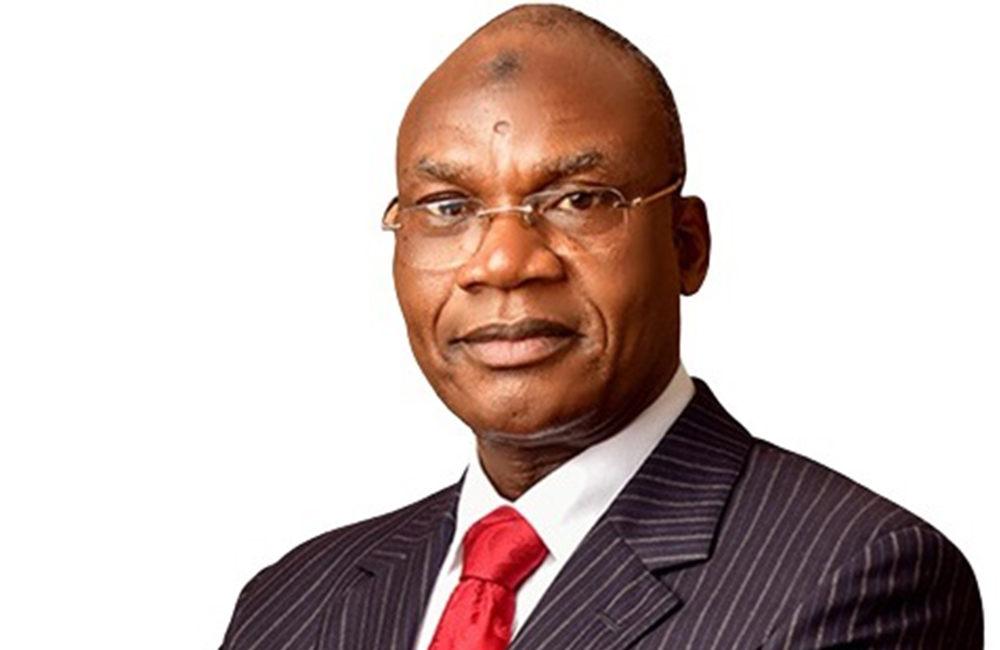FG Working To Avert Impending ASUU Strike – Minister

Rising from its National Executive Council meeting, held at the University of Ibadan last weekend, ASUU had given the Federal Government a 21-day ultimatum to meet its outstanding demands or lecturers would go on strike.
Further speaking on Wednesday at a press briefing at the Michael Okpara University of Agriculture Umudike, Abia State, ASUU President, Prof. Emmanuel Osodeke, insisted that lecturers would be forced to embark on another strike except the Federal Government met their demands before the expiration of the 21-day ultimatum.
But when contacted on the phone on Wednesday evening to react to the strike threat, the spokesperson for the federal Ministry of Education, Folashade Biriowo, told The PUNCH:
“The ministry is working on it.” The Minister of Education, Prof. Tahir Mamman, on June 26, invited ASUU for a meeting to deliberate on the lingering issues affecting universities and to avert the planned strike. The ASUU President, who spoke on the outcome of the meeting, said the agreements reached with the Federal Government had not been implemented. “At the meeting called by the Minister of Education, we agreed that after two weeks, we would meet to see the progress the government has made. “We will also see what we will do next if the government fails to implement the agreements reached,” he said.
At the Wednesday press briefing in Abia State, Osodeke highlighted the contentious issues to include “emergency revitalisation fund of public universities; payment of outstanding earned academic allowances; and release of withheld salaries, promotion arrears, and third-party deductions of our members.” Other issues, he said, included “stoppage of illegal recruitments; proliferation of public universities/abuse of universities’ laws, regulations and processes; and removal of universities from the Treasury Single Account and new IPPIS vis-a-vis to herald the autonomy of our universities.”
He said, “The Academic Staff Union of Universities held its National Executive Council meeting at the University of Ibadan, Ibadan, between Saturday, 17th and Sunday, 18th August 2024, where the union undertook a comprehensive review of the outcomes from its engagements with the federal and state governments on various outstanding issues that have encumbered the development of Nigerian universities and hindered university workers’ drive to reposition them for the transformation of Nigeria. “The meeting further appraised worsening living and working conditions in our universities and the nation at large. The meeting received alarming reports on the failed promises of the government to address the lingering issues that forced the union to embark on the nationwide strike action of February-October 2022. “Seasoned and experienced scholars have continued to flee to countries that are less resource-endowed, but where their expertise is better appreciated. Reports presented to NEC indicate that the government does not appreciate the enormity of the problem and the dire need to arrest the ugly trend with utmost urgency. “Our union is worried that the government appears fixated on its self-serving approach of legalistic and bureaucratic arm-twisting.” Osodeke said it was regrettable that “university issues, over which ASUU has been engaging the federal and state governments in the last one decade or so, are yet to be meaningfully addressed. These issues include review and signing of the renegotiated 2009 FGN-ASUU Agreement; impactful funding.” “After extensive deliberations on the foregoing, among others, ASUU NEC, at its last meeting, resolved to condemn in strong terms the seeming refusal of the federal and state governments to decisively address all outstanding issues with ASUU, reject the slow pace of intervention by the Minister for Education in resolving the aforementioned issues, give the government a 21-day ultimatum to address all outstanding issues, and reconvene at the expiration of the 21 days’ notice to take an appropriate decision(s) as deemed necessary.”
The ASUU President, however, said the union was more interested in dialogue, while shoving off “ethnic suspicion, religious bigotry, plutocratic tendencies and such other practices that are inimical to our peaceful co-existence and collective happiness as a people of one nation.”

